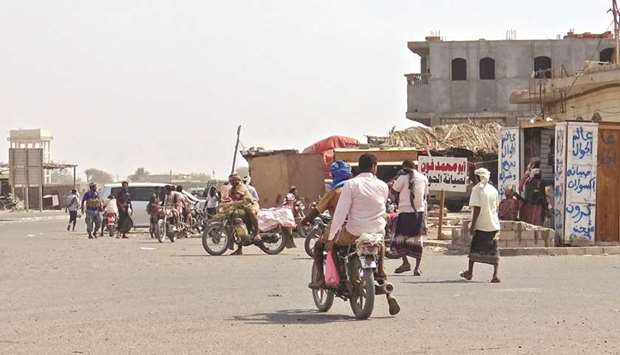A lasting ceasefire would be a major step in efforts to end Yemen’s devastating war, which has killed thousands and left 14mn people on the brink of famine.
The truce which came into force overnight was due to be followed by a team of observers deploying “within 24 hours”, a United Nations official said.
The Redeployment Co-ordination Committee includes members of the Saudi-backed government and the Houthi rebels but is chaired by the UN, said the official who requested anonymity.
“Both parties said publicly they are abiding by the ceasefire,” the official said.
The observers are due to oversee the implementation of the truce, the withdrawal of both warring parties from Hodeidah city and the pullout of Houthis from its major ports. The committee chair is expected to report to the UN Security Council on a weekly basis, as part of a diplomatic push to end the conflict which erupted in 2014.
The war between the Houthi rebels and troops loyal to President Abd-Rabbu Mansour Hadi escalated in 2015, when a Saudi-led military coalition stepped in on the government’s side.
Since then some 10,000 people have been killed, according to the World Health Organisation, but some rights groups believe the toll is far higher. The ceasefire was meant to enter into force at midnight (2100 GMT) on Monday but clashes continued until 03:00am, pro-government sources and residents said.
Calm held yesterday morning in Hodeidah city, whose port is the gateway for the vast majority of imports to Yemen.
“There has been complete calm since 03:00am Yemen time in the city of Hodeidah,” a military source loyal to the government said.
Residents confirmed by phone that there has been no fighting between the government forces backed by the Saudi-led coalition and Houthi rebels since 03:00am.
But it was not possible to determine if the halt in fighting was in response to the ceasefire or just a temporary stoppage.
Residents said that daily fighting would usually be fierce in the evening and at night, before coming to a standstill at dawn.

